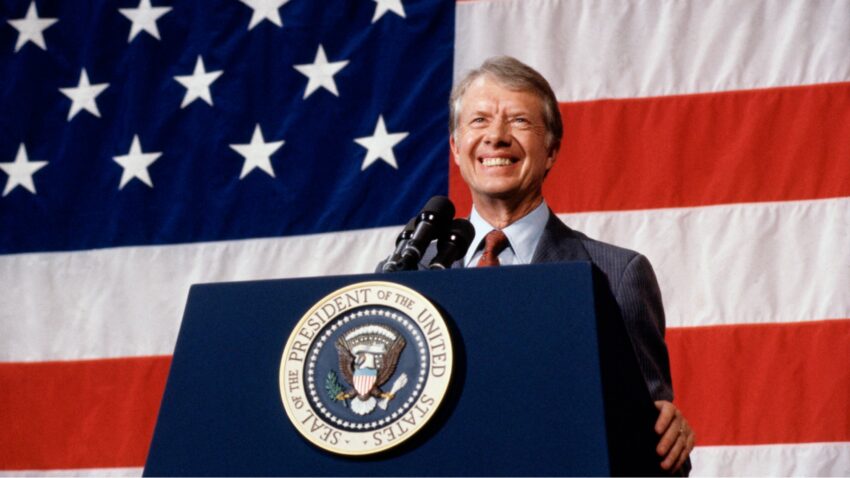If “you’re president and you’re defeated for a second term — that, in our system, is the definition of failure,” Les Francis, a strategist who worked for Carter, said to the Los Angeles Times. But Carter “also had a self-righteousness that could present as starchy and sanctimonious, a trait he exhibited even in his good works once he left the White House” but hindered him while in office, Mark Z. Barabak said at the Times.
While his decades after the presidency were defined by numerous humanitarian efforts, including massive advancements for Habitat for Humanity and the near-eradication of the deadly Guinea worm disease, most historians consider his actual presidency a failure. This is largely due to his botched handling of the Iranian hostage crisis and a series of economic issues that confounded his four years in office.
From our morning news briefing to a weekly Good News Newsletter, get the best of The Week delivered directly to your inbox.
Carter will “face history’s judgment in determining whether” his presidency “resulted from sheer misfortune or Carter’s miscalculations,” said Barbara A. Perry at Newsweek. But judicially, his “commitment to egalitarianism on matters of race and gender manifested itself in his approach to federal court nominations,” and his attempts to “balance the representative characteristics of appointees, especially in terms of race, ethnicity, and gender, gave him an influential role in shaping the national judiciary.”
What next?
Carter’s state funeral will take place on Jan. 9, which President Joe Biden also declared a National Day of Mourning. The president will deliver a eulogy at Carter’s memorial service, reportedly at the behest of Carter himself; there was a “unique relationship Biden developed with Carter early on in his political career,” NPR said.
The 39th president is set to be buried in his hometown of Plains, Georgia, where he was born and died. He will be laid to rest alongside his wife, Rosalynn Carter, who died in November 2023 at the age of 96.

